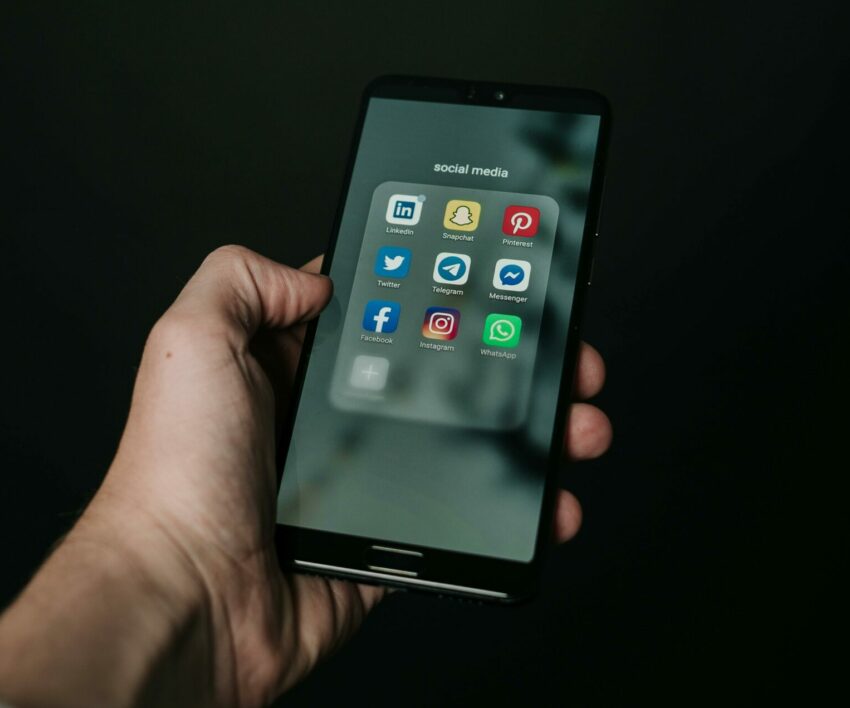
In times of national crisis, social media emerges as a pivotal tool, seamlessly connecting individuals, disseminating vital information, and fostering community resilience. Its immediacy and widespread reach make it an indispensable asset for both authorities and the public.
The Prepare Center organisation states that beyond personal connections, social media serves as a conduit for official communications during emergencies. It is mentioned that emergency management agencies harness these platforms to broadcast real-time updates, issue warnings, and counteract misinformation. This proactive engagement ensures that accurate information reaches a broad audience swiftly, which is a critical factor in crisis response.
A great example in the South African context would be the current uproar on the case of seven-year-old Cwecwe, who was brutally sexually assaulted at school. The only reason the case, which occurred in October last year, is only being taken seriously right now is because of how social media blew it up and brought it to everyone’s attention.
As of now, Cwecwe and her family are not only supported countrywide but also worldwide, because social media users from all around the world are advocating for her justice; even those who cannot correctly pronounce her name because of nationality are nevertheless calling her name.
The interactive nature of social media also empowers citizens to share on-the-ground insights, report incidents, and offer assistance, something I learned in varsity called citizen journalism. Such grassroots contributions can enhance situational awareness for responders and help organisations, facilitating more effective resource allocation. According to Science Direct, crowdsourcing initiatives and fundraising campaigns often find momentum through these platforms, exemplifying the collective power of online communities.
This is obviously not to turn a blind eye to the fact that this digital double-edged sword also presents challenges, which is why it’s important for users to critically evaluate sources and for authorities to actively address and correct false narratives.
In essence, social media has transformed the landscape of crisis communication. Its role in connecting people, conveying crucial information, and building communal support underscores its significance in navigating national emergencies. As we continue to integrate these digital tools into our daily lives, understanding and leveraging their potential responsibly becomes paramount for individual and collective resilience.
Also see: Create and thrive: Master social media without burning out




